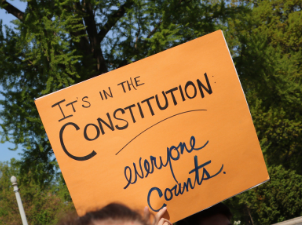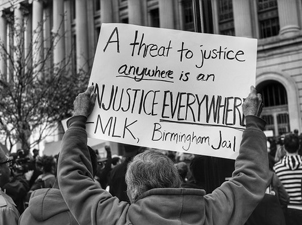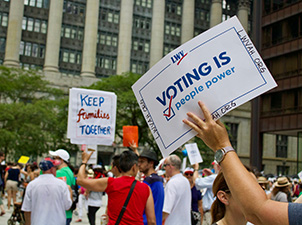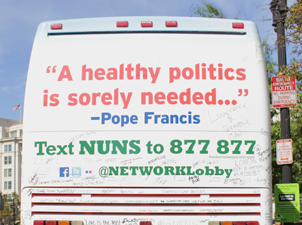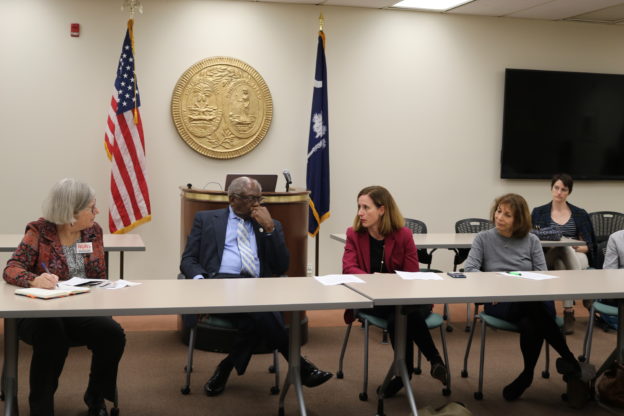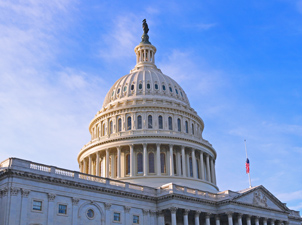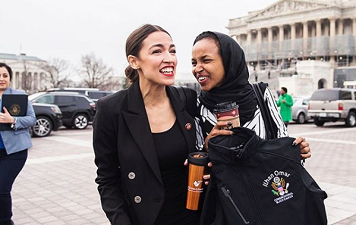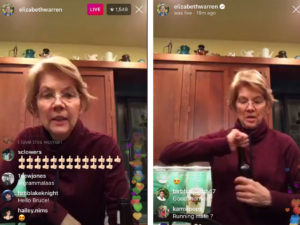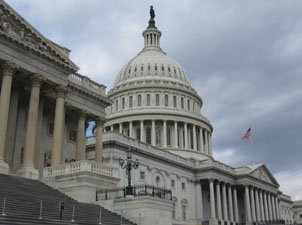
Census Update: Victory! No Citizenship Question
Sister Quincy Howard, OP
July 17, 2019
After months of twists and turns regarding the possibility of a citizenship question on the 2020 Census, the Trump administration finally announced the conclusion of this saga last week. The final decision: there will be no question about citizenship included in the census.
This is a victory because including a citizenship question would have prevented a full and accurate count from being completed. The census is constitutionally mandated to count all persons in the United States and census data is used for distributing federal funding, congressional apportionment, and more. So, a full and accurate Census count is vitally important for our nation. The Census Bureau’s own data predicted that, if the question were included, between 5% and 12% of noncitizen households would decline to participate. Additionally, six former census directors and a Census Bureau internal analyst all said a citizenship question would harm the count. Without an accurate count, communities that are undercounted would be under-funded and under-resourced for the next decade.
When the Commerce Department first announced it was pursing the addition of a citizenship question over a year ago, advocacy organizations, voting rights advocates, and community-based partners all responded in strong opposition. Multiple suits were brought against the Commerce Department on the basis of both procedural standards as well as “discriminatory animus.” While the final decision from the Supreme Court did not reject the citizenship question itself, it did reject the justification the Trump administration used to argue for its inclusion. Due to the rapid timeline for printing and executing the impending 2020 count, the Trump administration has finally given up on including the citizenship question on the census.
In order to save face after backing down from the citizenship question, President Trump issued an executive order directing the Commerce Department to gather citizenship data from other federal agencies. We will remain alert for more details of this new plan for compiling citizenship data.
In June, we responded to the Supreme Court decision with cautious optimism. Sister Simone said “I’m relieved to see that the Supreme Court, which can be so divided along partisan lines, recognized that this Republican scheme to reduce the count in the 2020 Census was an attempt at crass manipulation of the data by the Trump Administration.” Now, we remain optimistic about the prospects for the 2020 Census. We are re-focusing on accomplishing a fully representative, fair and accurate count of all people living in our nation so that we can accurately distribute federal funding and political representation until our next count takes place in 2030.







